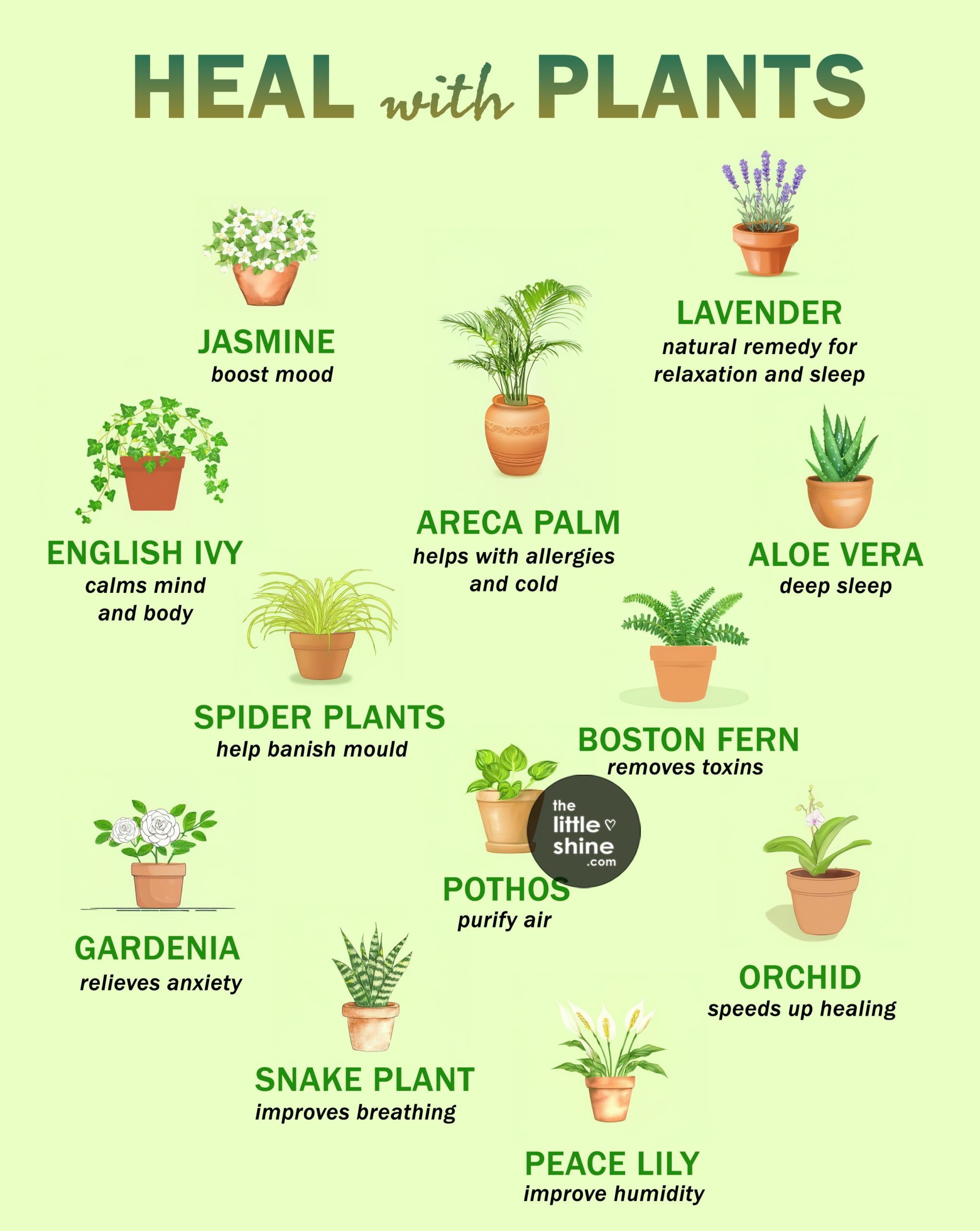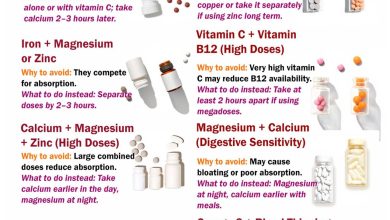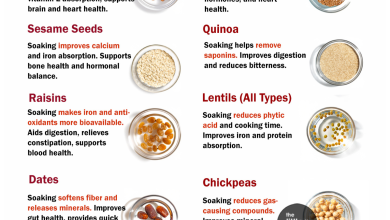Natural Healing Plants
Like they say, nature has a lot to offer and it is very true even in the case of healing of both minor and major illnesses, diseases and ailments with naturally found plants.

From common plants like aloe vera, chamomile, lavender and eucalyptus to uncommon plants passion flower, lemon balm, St, John’s wort and Valerian root, nature has many healing plants that can provide you with a number of herbal remedies.
So, next time you have a cut, burn, allergic reaction or even something more serious like a cold, cough or fever, turn towards natural remedies to help get rid of these ailments.
Here are 18 natural healing plants:
1. Echinacea
Echinacea can be used to boost immune system functioning, to help fight infections and can also soothe insect bites.
2. Holy Basil
Holy basil is an adaptogen herb that can help the body get relief from stress, anxiety, depression, fatigue etc. It can help the body by promoting its overall wellbeing.
3. Aloe Vera
Aloe vera can be used for the treatment ofburns, sunburns, minor cuts and skin irritations.
4. Chamomile
Drinking a cup of chamomile tea can help reduce stress and lower your anxiety levels. It can also be a natural remedy for insomnia. It can also be used for colds, stomach upsets and muscle cramps.
5. Ashwagandha
Ashwagandha can help scalp conditions like dandruff, itching, psoriasis, eczema etc.
6. Eucalyptus
Eucalyptus has antimicrobial properties and can help treat fungal infections and heal wounds. It can also aid pain relief. It can boost immune system functioning and provide relief from colds, coughs and respiratory problems.
7. Ginseng Root
Used forboosting immune system functioning, to reduce stress, help with weight loss and to also reduce inflammation.
8. Ginkgo Biloba
This herb is loaded with antioxidants and can help reduce bodily inflammation. It also has benefits for the heart, eyes and the brain as well.
9. Lavender
Lavender can help reduce inflammation and pain in the body. It is also known to help treat restlessness and anxiety. This herb can also help reduce the effects of insomnia and depression.
10. Peppermint
Peppermint can help soothe a stomach ache and combat stomach cramps. It can also aid digestion and reduce indigestion and irritable bowel issues.
11. Rosemary
This herb has antimicrobial and anti-inflammatory properties. It can also help ward off gastrointestinal stress, promote skin healing, boost vision, enhance memory, promote hair growth and more.
12. Turmeric
Turmeric can be used for acne, wounds, scars and pigmentation. It can also be used to reduce dandruff. When added with honey, it can help get rid of cold, coughs and flu.
13. Lemon Balm
It can help reduce stress and anxiety. This herb is known to promote sleep, improve apetite and can also ease digestive issues like bloating, gas, colic etc.
14. Nettle Leaves
Nettle leaves are useful to treat joint and muscle paints, including arthritis and gout, as it has anti-inflammatory properties. It can also help treat skin infections like eczema.
15. St. John’s Wort
St. John’s wort flowers have antidepressant properties. It can also be used to treat viral infections, because of its antiviral healing properties.
16. Valerian Root
This flower is known to have sleep inducing properties. It is like a natural sedative. It can also help in the treatment of anxiety and depression.
17. Passion Flower
Passion flower is often used to induce sleep (for people with insomnia) and reduce anxiety and stress. It can also provide relief from pain and help treat ADHD (attention-deficit hyperactivity disorder).
18. Oregano
Oregano is a great herb to help build bodily immunity. It is rich in antioxidants and also has antibacterial properties, which are essential to fight any diseases and infections in the body.

